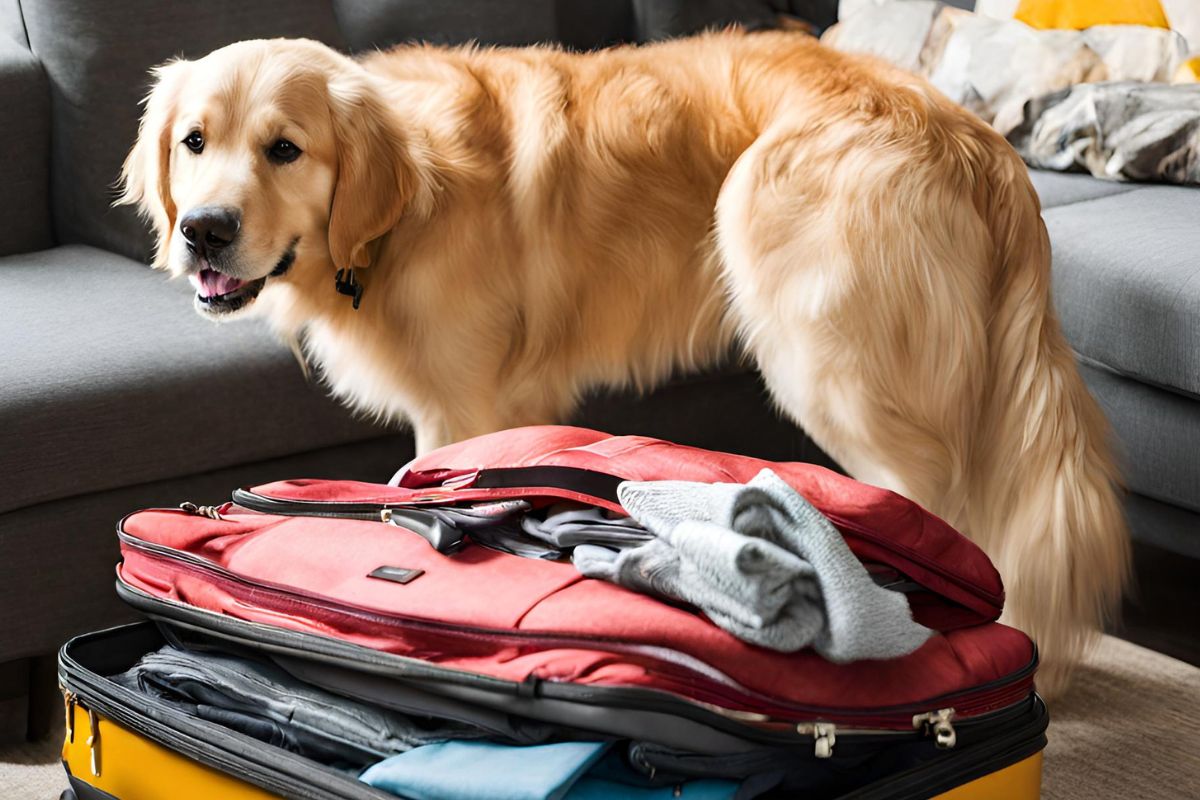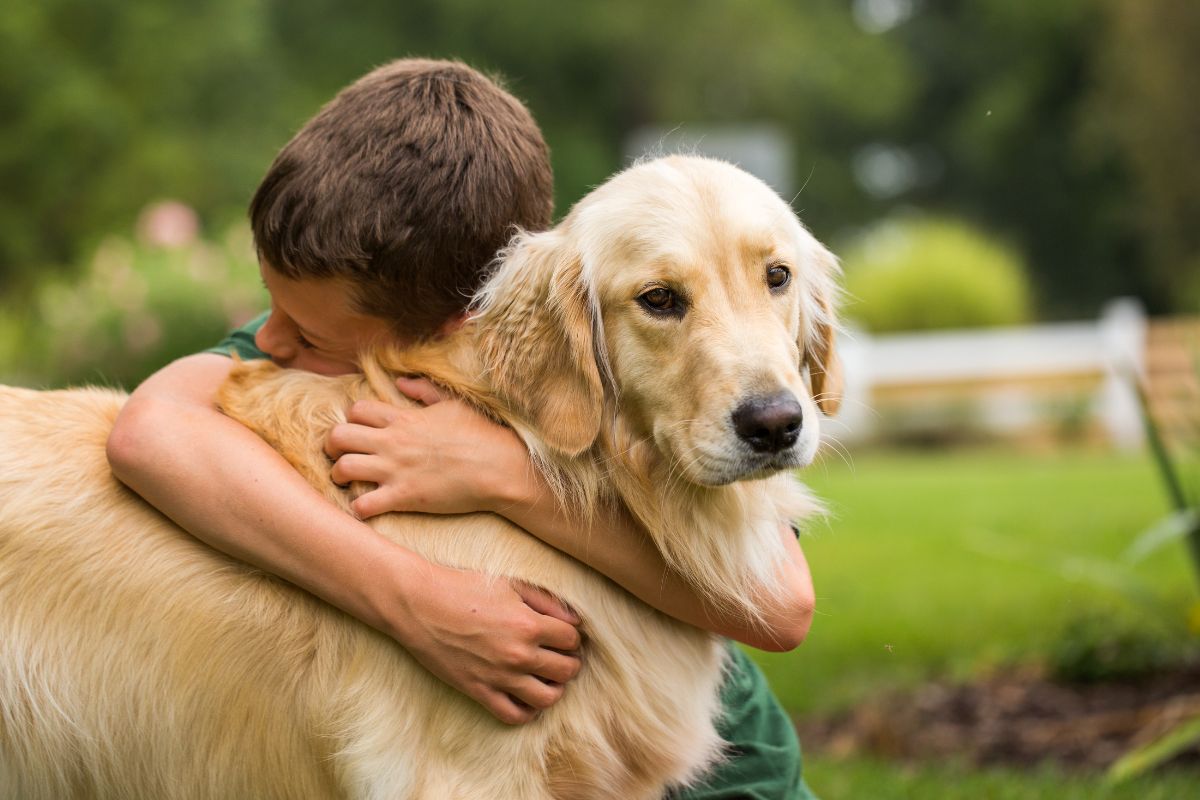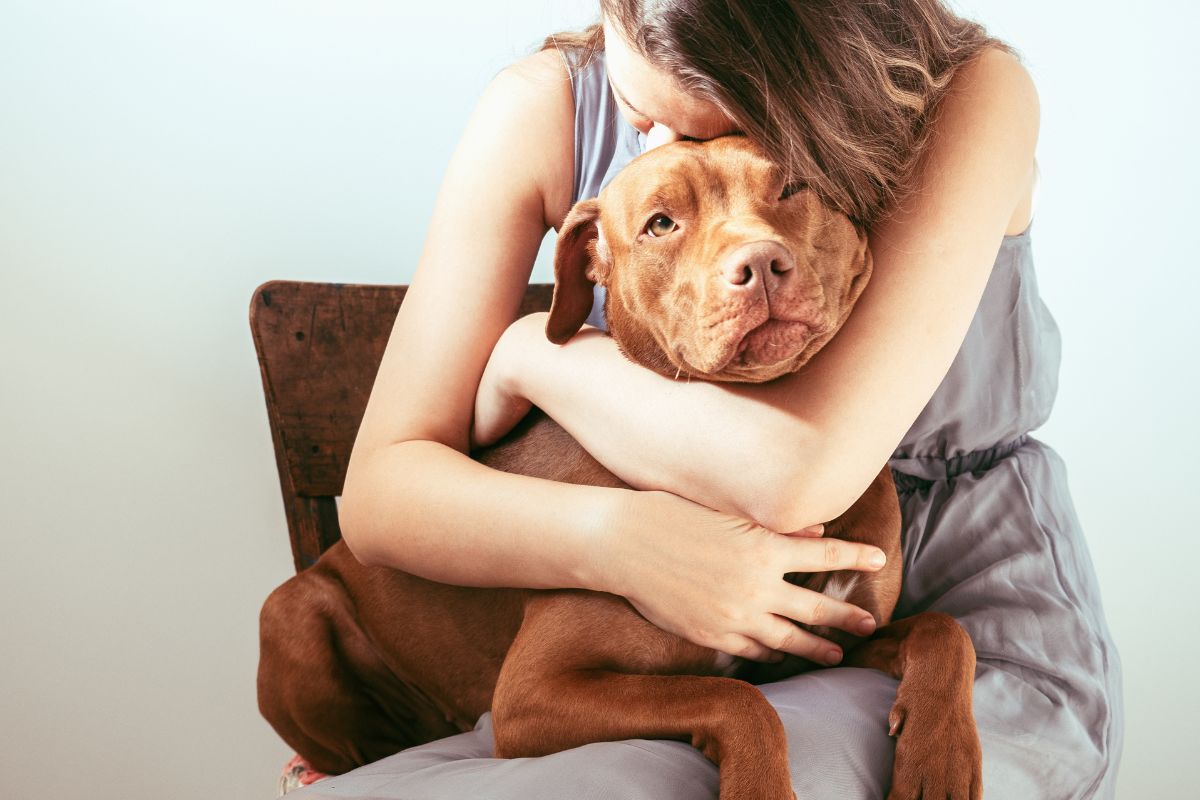When considering long-term dog boarding, there are essential aspects that pet parents need to contemplate to ensure their furry friends have a comfortable and safe stay. Long-term boarding can be a necessity for various reasons, such as extended travel, renovations at home, or other life circumstances. Ensuring a seamless and stress-free experience for your beloved pet involves several considerations. Here’s a comprehensive guide to navigating long-term dog boarding:
Finding the Right Facility
Finding the right facility for long-term dog boarding is a crucial step in ensuring your furry friend has a comfortable and secure stay. The choice of boarding facility can significantly impact your dog’s well-being during your absence. Here’s what you need to consider:
Specialization in Long-Term Care:
Look for boarding facilities that explicitly specialize in long-term dog boarding. While many facilities offer short-term boarding services, not all are equipped to provide extended care. Ensure that the facility you choose has experience and a track record of catering to dogs for extended periods.
Online Reviews and References:
Before finalizing your decision, delve into online reviews of the boarding facilities you’re considering. Reading about the experiences of other pet parents can provide valuable insights into the quality of care and services offered. Additionally, ask the facility for references from pet owners who have used their long-term services. Talking to these references can give you a firsthand account of what to expect.
Facility Visits:
Scheduling visits to potential long-term dog boarding facilities is essential. Nothing beats an in-person assessment when it comes to evaluating the suitability of a place for your furry companion. During your visit, pay close attention to the following:
- Cleanliness and Hygiene: A clean and hygienic environment is non-negotiable. Ensure that the facility maintains high standards of cleanliness in all areas, including dog living spaces, play areas, and restrooms.
- Safety Measures: Inquire about the facility’s safety protocols. This includes measures to prevent escapes, secure fencing, fire safety, and emergency evacuation plans. Safety should be a top priority.
- Exercise and Play Areas: Dogs need regular exercise and social interaction. Check if the facility offers ample outdoor play areas where dogs can run, play, and interact with others. The availability of exercise opportunities is vital for your dog’s physical and mental well-being.
- Staff Interaction: Observe how the staff interacts with the dogs currently at the facility. Are they attentive, caring, and responsive to the dogs’ needs? A dedicated and compassionate staff is a positive sign.
- Health Requirements: Verify the facility’s health requirements for all boarded dogs. Most reputable facilities will insist on up-to-date vaccinations and health checks to prevent the spread of diseases. This requirement is crucial for the safety of all dogs in the facility.
- Spacious Accommodations: Ensure that the facility provides enough space for your dog to move around comfortably. Cramped or overcrowded living quarters can lead to stress and discomfort for your pet.
Preparing Your Dog for Long term boarding
Gradual Familiarization:
- Introduction to the Facility: If possible, consider introducing your dog to the boarding facility gradually. Many facilities offer short-term stays or trial periods that can help your dog become familiar with the environment. During these shorter visits, your dog can get used to the new surroundings, the sounds, and the presence of other dogs.
- Positive Associations: Make each visit a positive experience for your dog. Use treats, praise, and affection to create positive associations with the facility. This will help your dog view the place as a safe and enjoyable space.
Comfort Items:
- Familiar Toys and Bedding: Pack familiar toys, blankets, or bedding that your dog loves. These items carry scents from home and provide a sense of comfort and security. Having familiar objects around can help reduce anxiety and make your dog feel more at ease in the new environment.
Health Check and Documentation:
- Vaccinations and Health Records: Before boarding your dog, ensure that their vaccinations are up-to-date. Most boarding facilities require proof of current vaccinations to ensure the health and safety of all the dogs in their care. Provide the necessary documentation, including your dog’s vaccination records and any medical history.
- Medication and Special Needs: If your dog requires medication or has specific dietary needs, communicate these requirements clearly to the boarding facility. Provide detailed instructions on medication dosage, administration times, and any special dietary restrictions. Make sure to pack an ample supply of any medications your dog may need during their stay.
Communication with the Facility
- Information Sharing: Effective communication with the boarding facility is key to your dog’s well-being. Share relevant information about your dog’s personality, preferences, and any behavior quirks. The more the facility knows about your dog, the better they can tailor their care to meet your dog’s needs. Ensure that you will get regular updates on your dog without fail so you can have ease of mind.
- Emergency Contact Information: Provide multiple emergency contact numbers and clear instructions on how to reach you or other trusted individuals in case of any concerns or emergencies. Ensure that the facility has a way to contact you at any time.
Gradual Transition and Departure
- Familiarization Period: Allow your dog to acclimate gradually to the new environment. This might involve spending increasing amounts of time at the facility before the long-term stay. This gradual transition can help your dog adjust more comfortably.
- Calm Departure: When the time comes to leave your dog at the boarding facility for the long term, maintain a calm and reassuring demeanor. Dogs can sense your emotions, so staying composed and positive during the departure process can help ease any anxiety your dog may feel.
- Clear Instructions: Provide clear instructions to the facility regarding your dog’s daily routine, feeding schedule, exercise preferences, and any specific care routines. The more detailed and precise your instructions, the smoother your dog’s stay will be.
Coping with Separation
- Stay Calm and Positive: It’s natural to feel emotional when leaving your dog for an extended period. However, try to stay as calm and positive as possible during the farewell. Dogs are sensitive to their owners’ emotions, and a composed departure can help ease their anxiety.
- Maintain Routine: Share your dog’s daily routine with the boarding facility. This includes information about feeding times, exercise routines, and any specific habits or preferences your dog has. Consistency in routine can provide a sense of comfort for your pet.
Homecoming and Reintegration
- Patience and Understanding: When you pick up your dog from the boarding facility, it’s essential to be patient and understanding. Your dog may have mixed emotions about leaving the facility and returning home. Some dogs may be overly excited, while others might display signs of anxiety or confusion. Give your dog the time and space they need to adjust to the change.
- Familiar Environment: Create a familiar environment at home. Place your dog’s bed, toys, and belongings in their usual spots. Familiar scents and surroundings can help ease the transition and make your dog feel more comfortable.
- Gradual Transition: Avoid making sudden changes to your dog’s routine immediately after their return home. Stick to the same feeding and exercise schedules they followed while at the boarding facility. Gradually reintroduce them to your daily routines to minimize stress.
Essential Post-Boarding Care
- Behavioral Observations: Pay close attention to your dog’s behavior in the days following their return. Some dogs may exhibit changes in behavior or mood after boarding. Look for signs of stress or anxiety, such as excessive whining, pacing, or changes in appetite. Note any unusual behavior and consult with a veterinarian if needed.
- Health Check: Schedule a post-boarding health check with your veterinarian. It’s a good practice to ensure your dog’s overall well-being after their stay. Discuss any concerns you have about your dog’s health or behavior with the vet.
- Exercise and Socialization: Gradually reintroduce your dog to regular exercise and socialization. Extended stays at a boarding facility may have altered their daily routine. Reestablishing regular walks, playtime, and interactions with other dogs can help your dog readjust to home life.
Long-term dog boarding is a significant decision, and ensuring a smooth experience involves thorough research, preparation, communication, and understanding your dog’s needs. By following these tips, pet parents can make the experience as stress-free as possible for both themselves and their furry companions.
Remember, the key to successful long-term boarding is selecting the right facility, preparing your dog adequately, maintaining clear communication, facilitating a smooth transition, and providing aftercare upon their return home.
Choosing the right long-term dog boarding facility and adequately preparing your furry friend ensures they receive the care and attention they deserve while you’re away.
Book with Snouters
At Snouters, we understand that your pet is like family, and their well-being is our top priority. We take pride in offering loving and trusted home boarding services across India. Our experienced and compassionate team is dedicated to providing a safe and comfortable environment for your furry companions during their long-term stays.
If you’re in search of a reliable and caring long-term dog boarding solution for your dog, look no further. Choose Snouters for peace of mind and the assurance that your pet will receive the love and attention they deserve while you’re away.
Don’t hesitate—book with Snouters today and give your pet a home away from home where they’ll be treated with the utmost care and affection. Your furry friend will thank you for it, and you can travel or attend to your responsibilities with confidence, knowing that they are in loving hands.











